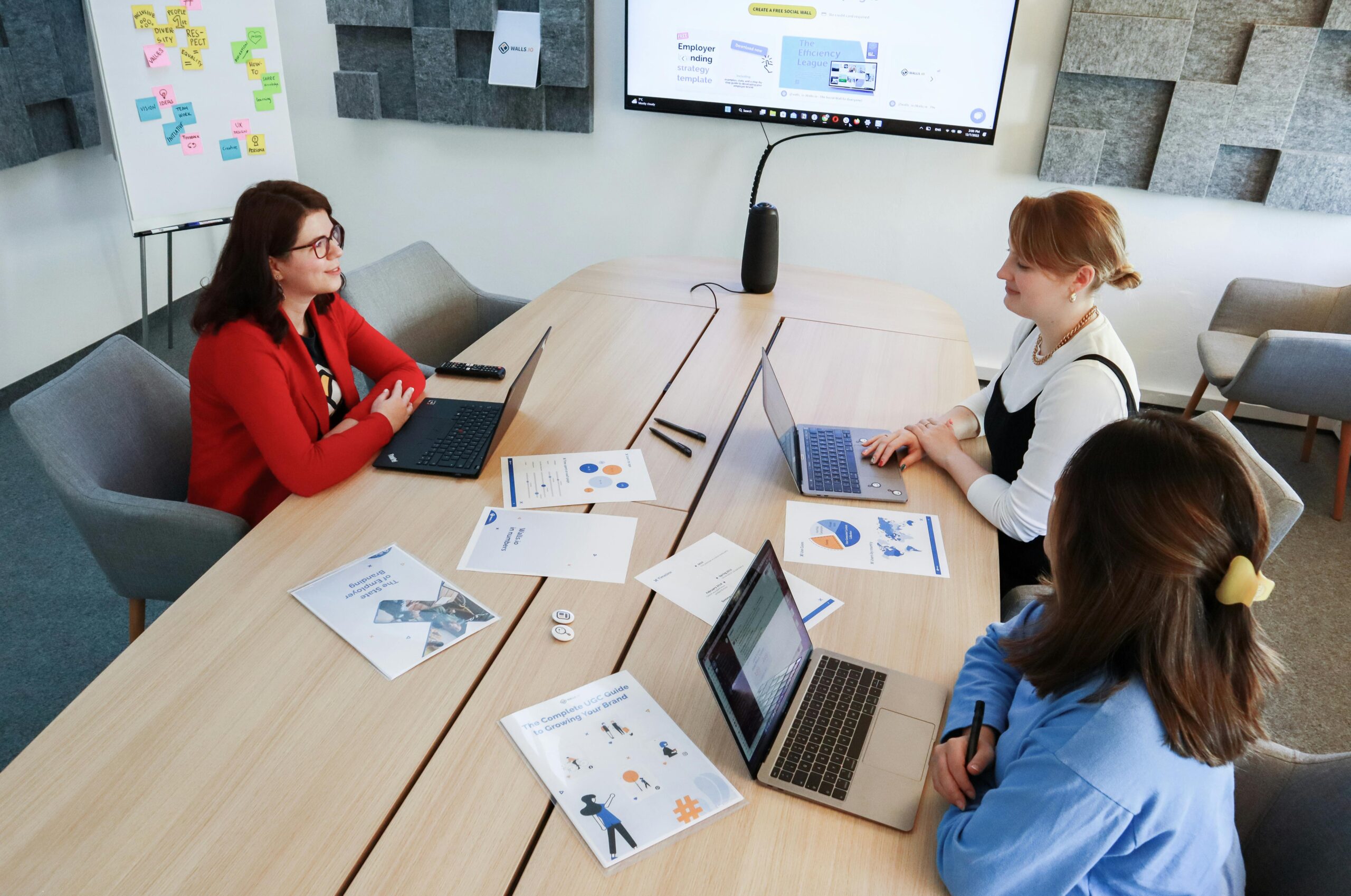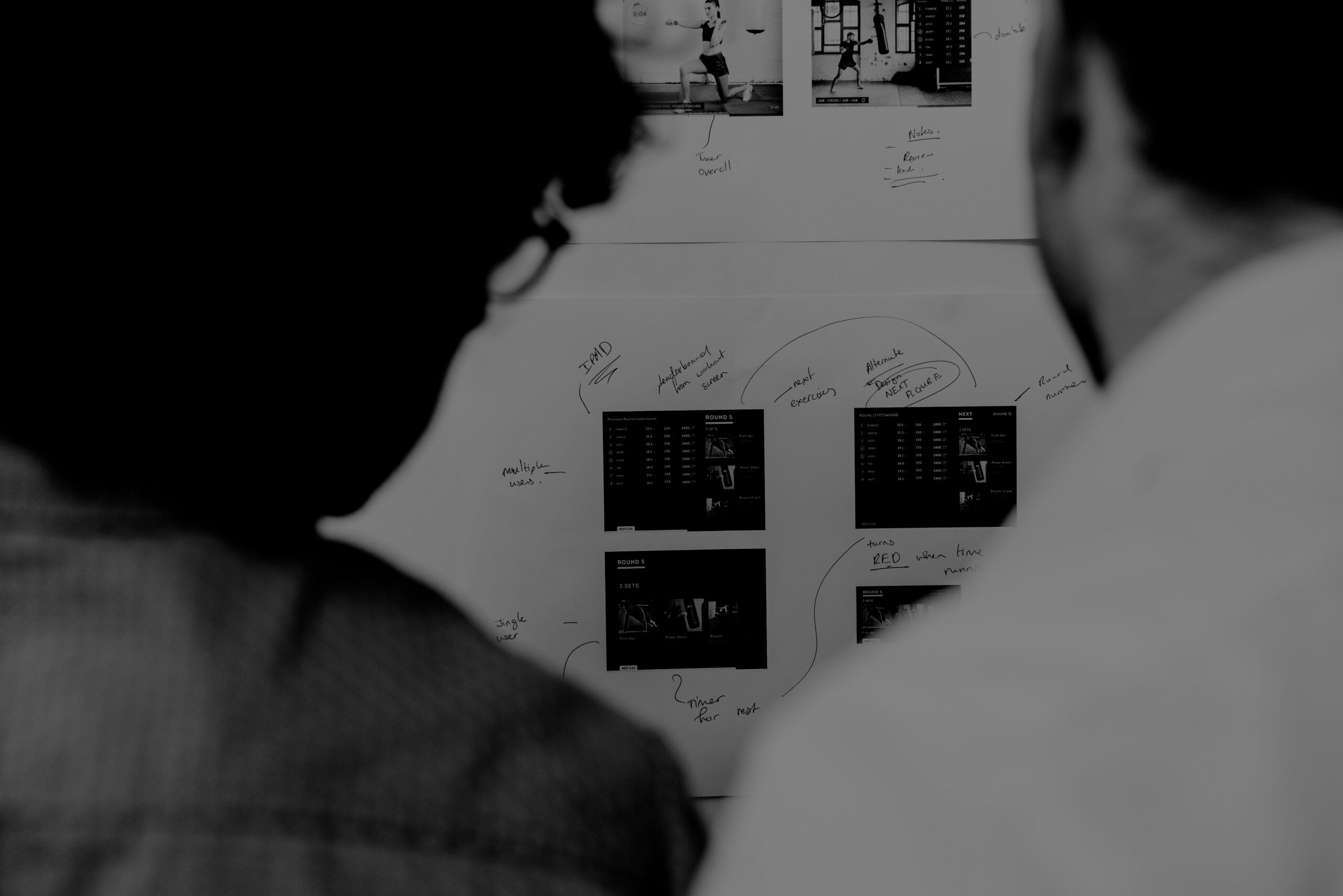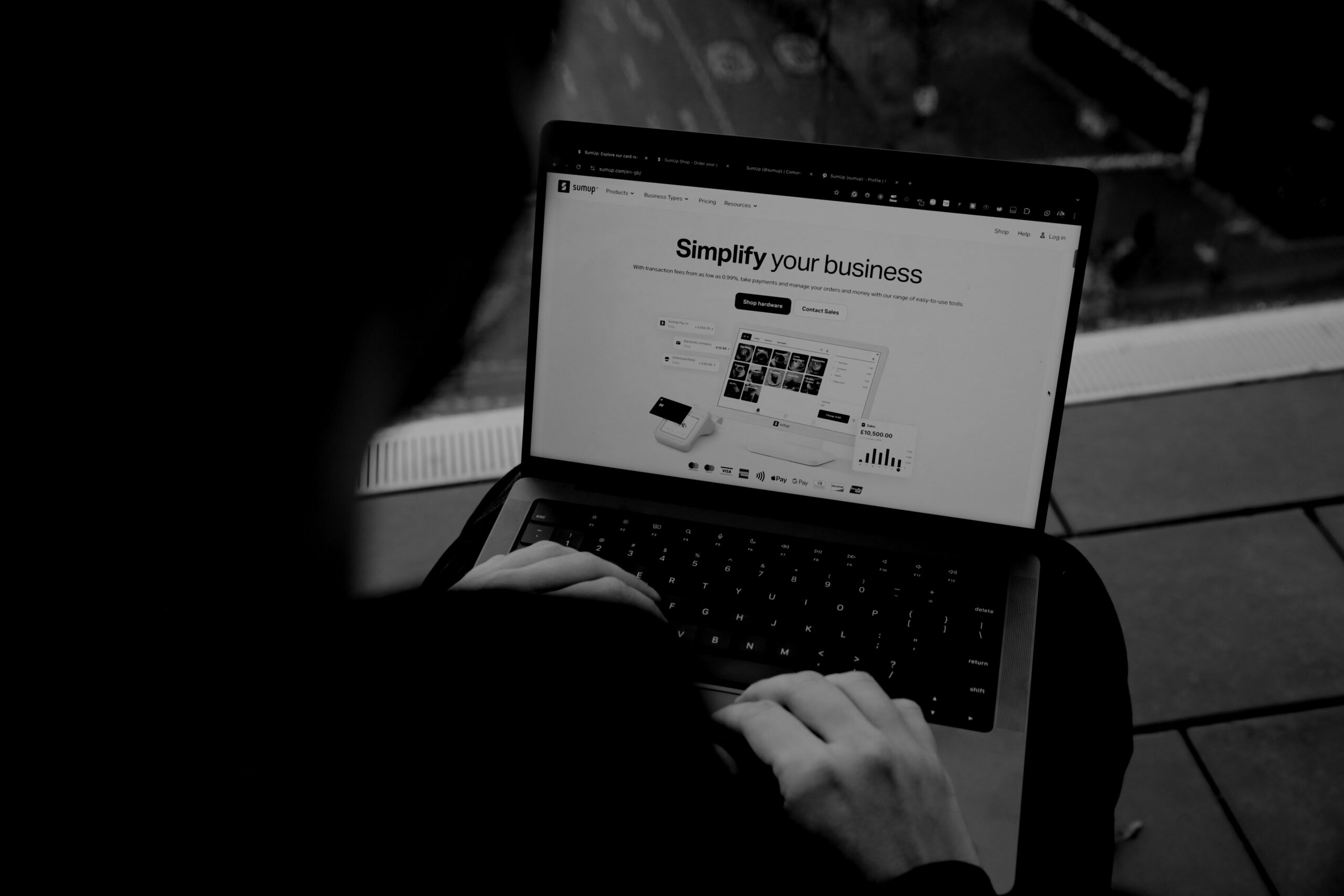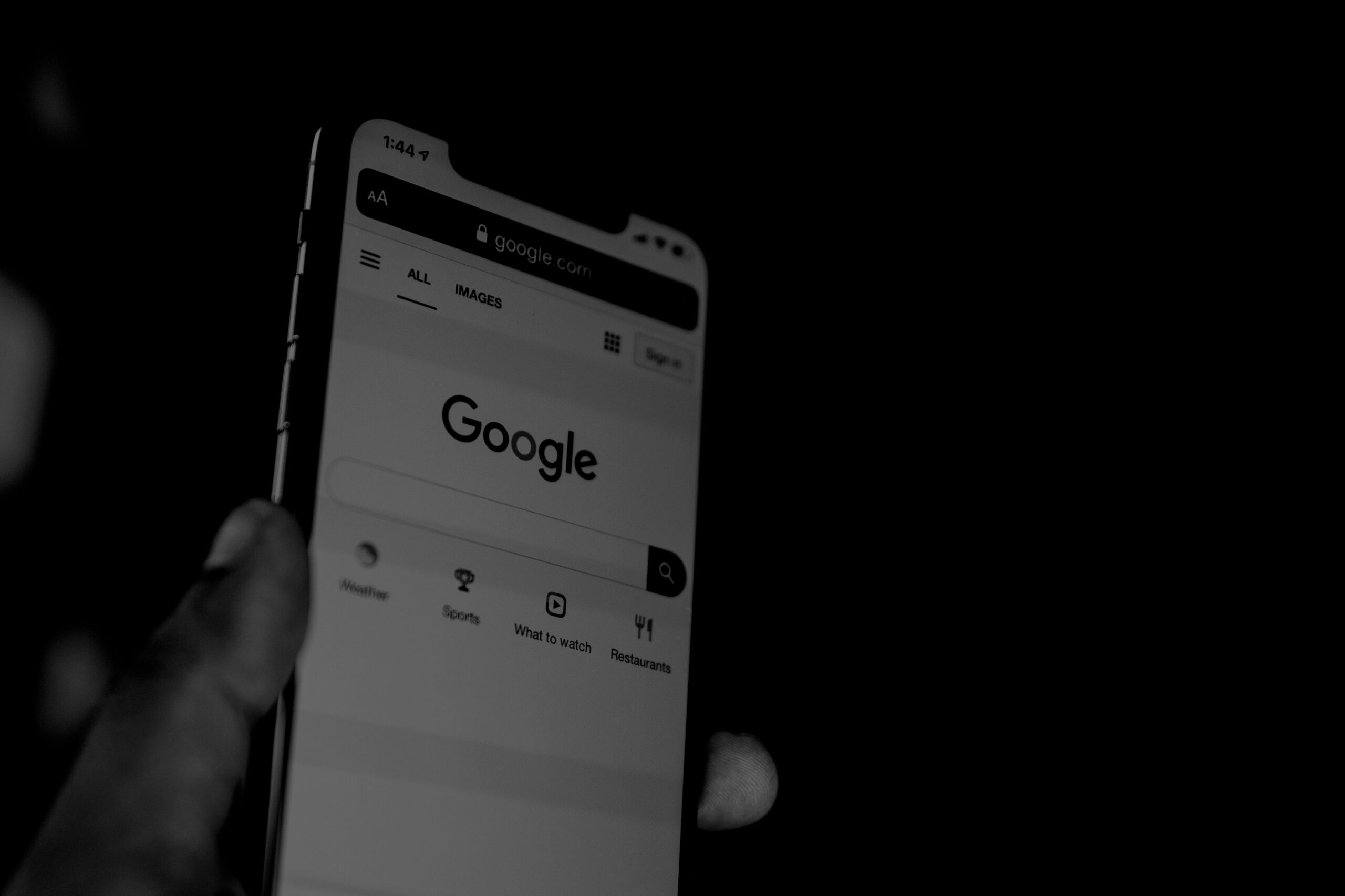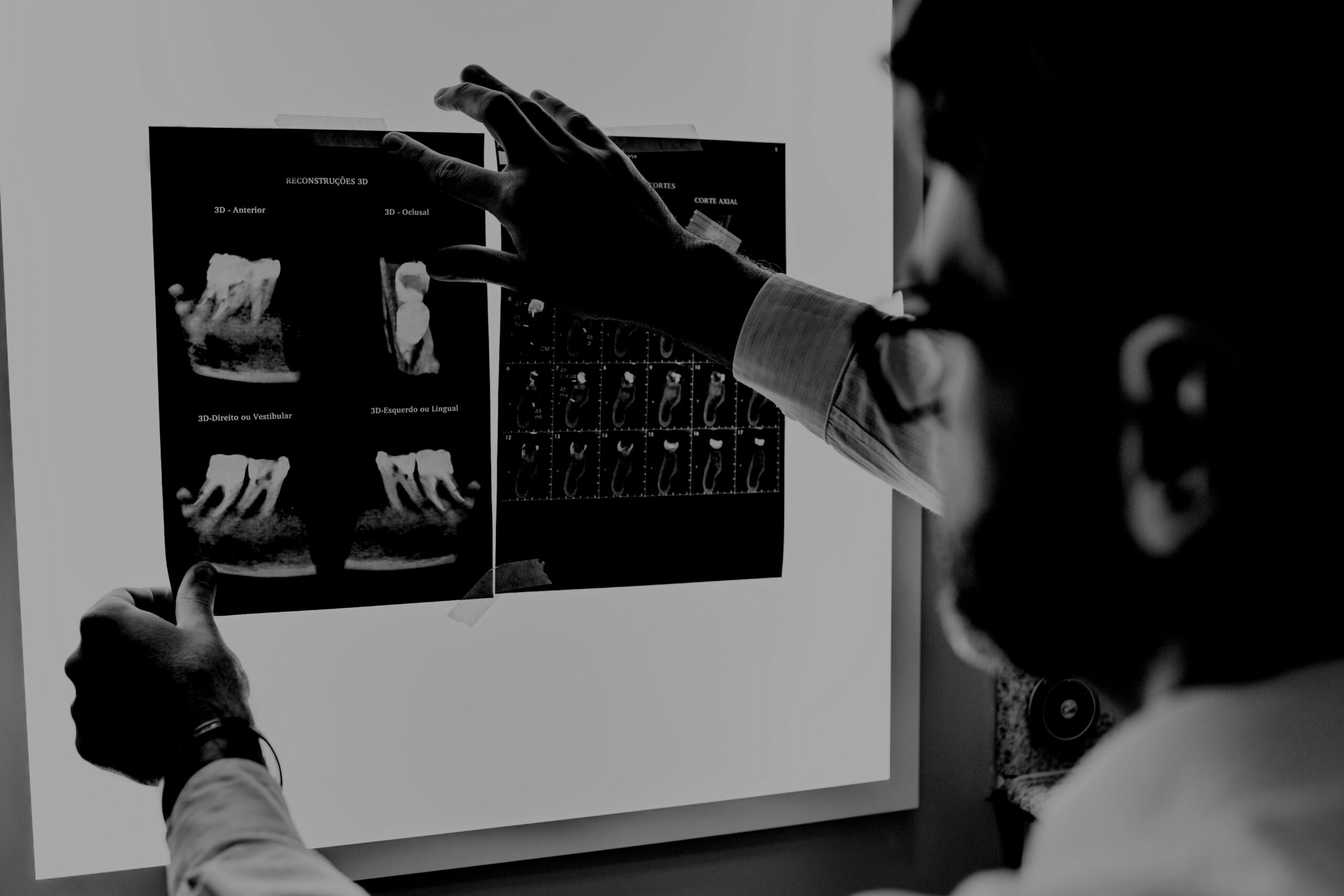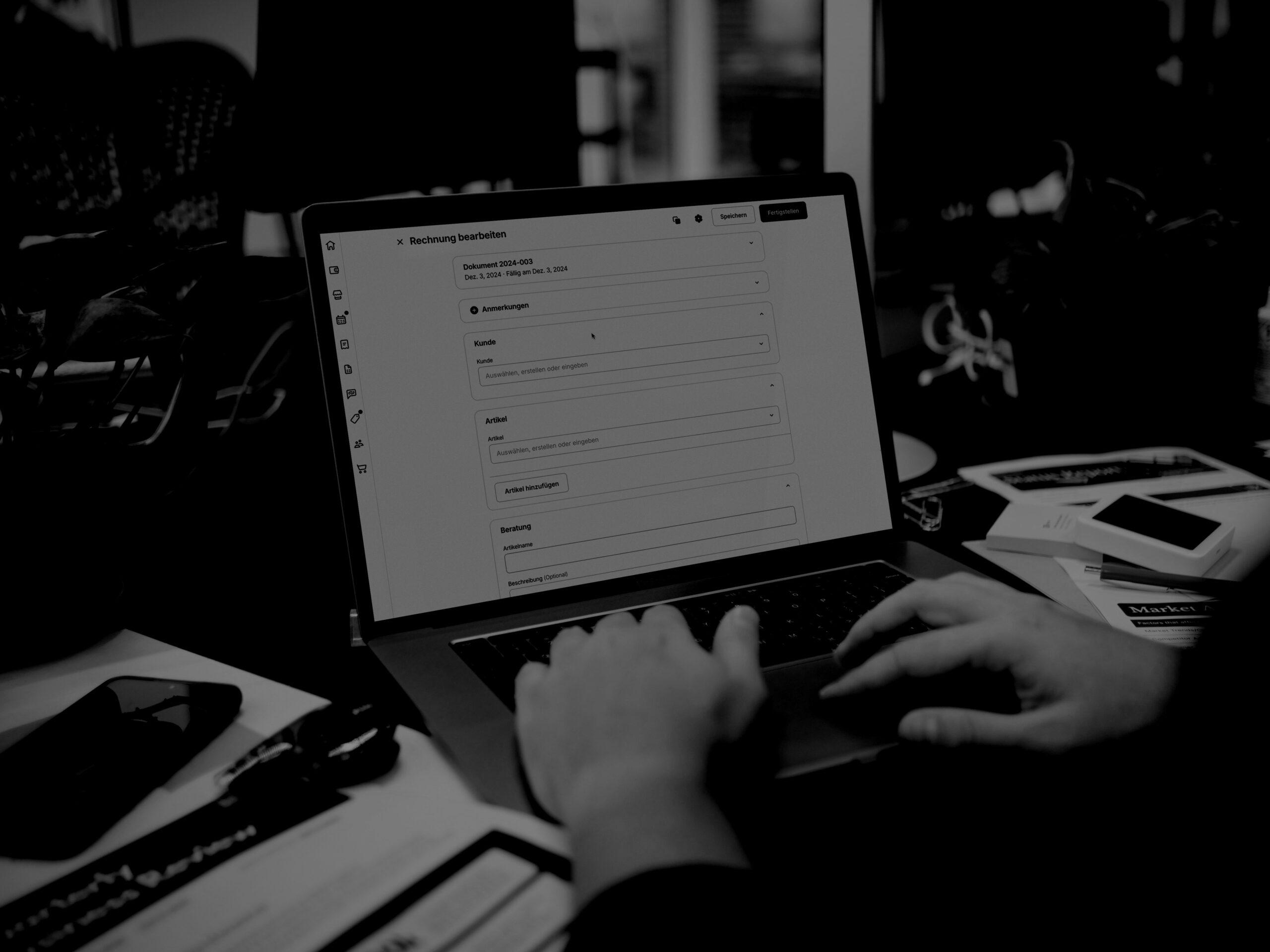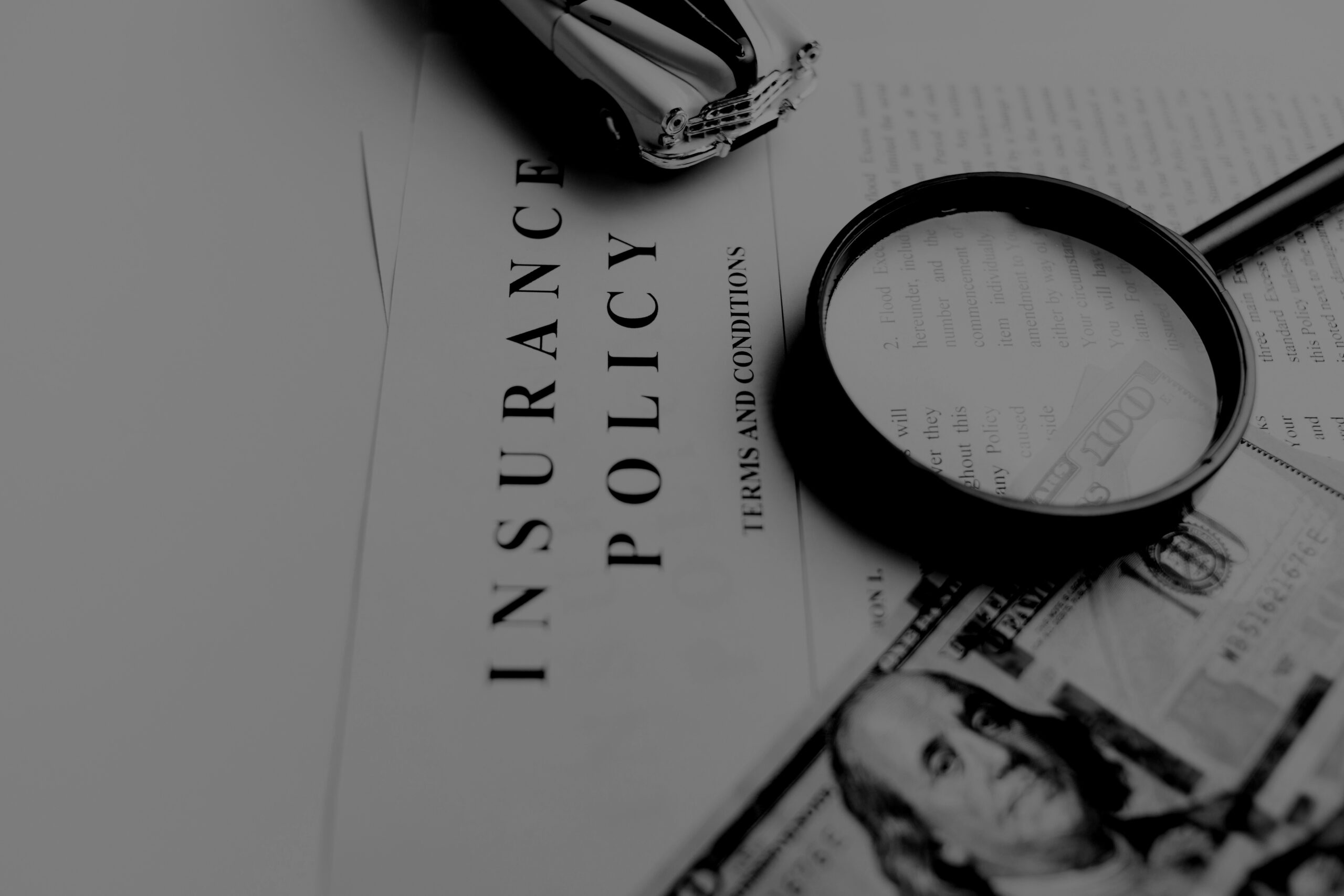Invoering
In de competitieve wereld van gastvrijheid is er meer nodig om op te vallen tussen een zee van opties dan alleen het bieden van geweldige service en voorzieningen. Hotels moeten tegenwoordig slimmere oplossingen gebruiken om hun activiteiten te stroomlijnen, gasten te betrekken en boekingen te stimuleren. Eén zo'n oplossing is automatisering van hotelmarketing, die heeft bewezen een game-changer te zijn voor hotels die de efficiëntie willen verhogen, de interacties met gasten willen personaliseren en uiteindelijk de omzetgroei willen stimuleren. In dit artikel bespreken we effectieve strategieën voor hotelmarketingautomatisering waarmee uw hotel boven de concurrentie kan uitstijgen en onvergetelijke ervaringen voor gasten kan opleveren.
Waarom automatisering van hotelmarketing belangrijk is
Het belang van automatisering van hotelmarketing kan niet genoeg worden benadrukt. Het is niet langer voldoende om alleen te vertrouwen op traditionele marketingmethoden. De reizigers van vandaag verwachten gepersonaliseerde en naadloze ervaringen en automatisering biedt de tools die nodig zijn om dit op grote schaal te leveren. Door marketingautomatisering te integreren kunnen hotels de interacties met gasten in alle fasen van hun reis verbeteren, van de eerste interesse tot de follow-ups na een verblijf.
Marketingautomatisering overbrugt de kloof tussen de verwachtingen van de gast en de activiteiten van het hotel. Het helpt bij het stroomlijnen van repetitieve taken zoals het verzenden van boekingsbevestigingen, follow-up e-mails en gepersonaliseerde aanbiedingen, terwijl hotels zich kunnen richten op het leveren van uitzonderlijke service. Bovendien biedt marketingautomatisering inzicht in het gedrag, de voorkeuren en boekingspatronen van gasten, waardoor hotels hun marketingstrategieën kunnen optimaliseren voor een maximale impact.
Inspirerende boekingen met datagestuurde campagnes
Een van de krachtigste aspecten van marketingautomatisering is de mogelijkheid om datagestuurde campagnes te maken die aanslaan bij potentiële gasten. Gepersonaliseerde marketing is niet langer een luxe maar een noodzaak in de hedendaagse horeca. Dit is hoe je automatisering kunt gebruiken om boekingen te inspireren:
Je publiek segmenteren
Gegevens vormen de ruggengraat van elke succesvolle marketingcampagne. Door het gedrag van je gasten, hun boekingsgeschiedenis en hun voorkeuren te analyseren, kun je hypergerichte campagnes opzetten die rechtstreeks tot verschillende publiekssegmenten spreken. Als je bijvoorbeeld gasten hebt die vaak wellnesspakketten boeken, stuur ze dan promoties op maat met nieuwe spadiensten of yoga-retraites. Ook gezinnen met kinderen kunnen kortingen voor gezinsvriendelijke activiteiten of arrangementen op prijs stellen.
Automatiseringsplatforms zoals Dotdigital en HubSpot stellen hotels in staat om hun doelgroepen te segmenteren op basis van factoren zoals demografie, interesses en eerdere interacties, waardoor het eenvoudig wordt om zeer gerichte campagnes te maken die meer kans hebben om te worden omgezet in boekingen.
Geo-Targeting voor gepersonaliseerde aanbiedingen
Op locatie gebaseerde marketing is een andere waardevolle strategie voor het inspireren van boekingen. Met geo-targeting kun je aanbiedingen sturen naar potentiële gasten op basis van waar ze zich bevinden of van waaruit ze zoeken. Een strandresort op een tropische bestemming kan zich bijvoorbeeld richten op koudere regio's met promoties voor een wintervakantie, terwijl een skiresort zich kan richten op warmere gebieden met aanbiedingen voor het komende skiseizoen.
Bovendien kun je met geo-targeting gepersonaliseerde berichten sturen naar gasten die al op het terrein zijn en hen aanbiedingen doen voor diensten op locatie, zoals dineren, spabehandelingen of excursies.
Cross-channel campagnes voor maximaal bereik
Reizigers communiceren tegenwoordig met merken via meerdere kanalen, waaronder e-mail, sms, sociale media en betaalde advertenties. Een aanpak via meerdere kanalen zorgt ervoor dat uw boodschap de gasten bereikt, waar ze zich ook bevinden. Met marketingautomatisering kunt u samenhangende campagnes maken voor al deze platforms, zodat u top-of-mind blijft en conversies stimuleert.
Je kunt bijvoorbeeld een e-mailcampagne sturen waarin je de voorzieningen van je hotel laat zien, gevolgd door een gericht sms-bericht waarin een beperkte korting of een speciale promotie wordt aangeboden. Retargeting-advertenties op sociale media of Google Display Network kunnen potentiële gasten ook herinneren aan je accommodatie en hen aanmoedigen om hun boekingen af te ronden.
Belangrijkste voordelen van datagestuurde marketing voor hotels:
- Verhoogde personalisatie door je te richten op specifieke gastsegmenten
- Verbeterde boekingspercentages dankzij relevante, op maat gemaakte aanbiedingen
- Verbeterde klanttevredenheid met aanbiedingen die aansluiten bij de voorkeuren van gasten
Voorspellende analyses inzetten voor slimmere campagnes
Voorspellende analyses in hotelmarketing gebruiken gegevens om toekomstig gedrag van gasten te voorspellen, zoals welke gasten het meest waarschijnlijk opnieuw zullen boeken of wanneer bepaalde gasten naar verwachting hun volgende boeking zullen maken. Door patronen te voorspellen, kunnen hotels gerichte campagnes opzetten om gasten proactief te bereiken wanneer de kans het grootst is dat ze zullen converteren.
Hoe het werkt:
- Identificeer gasten met een hoge waarde: Gebruik voorspellende analysetools om het gedrag van gasten in de loop der tijd te volgen en segmenteer degenen die vaak boeken of meer geld uitgeven.
- Doelgerichtheid: Zodra je deze gegevens hebt, kun je campagnes maken die speciaal zijn ontworpen voor deze gasten met een hoge waarde, door hen exclusieve aanbiedingen, loyaliteitsprikkels of gerichte upgrades aan te bieden.
- Voorbeeld: Een strandresort zou kunnen voorspellen welke gasten waarschijnlijk zullen boeken tijdens het hoogseizoen en hen kortingen voor vroege vogels kunnen sturen op kamers of arrangementen, zodat ze van tevoren boeken.
Deze strategie vermindert giswerk en verhoogt het aantal boekingen door te anticiperen op de behoeften van gasten, waardoor uiteindelijk de inkomsten en loyaliteit van gasten toenemen.
De ervaring vóór aankomst verbeteren
De fase vóór aankomst van een gast is een cruciaal moment om de toon voor hun verblijf te zetten. Door de communicatie tijdens deze fase te automatiseren, kunnen hotels anticipatie opbouwen, waardevolle informatie verstrekken en extra diensten upsellen. Lees hier hoe u automatisering kunt gebruiken om de ervaring vóór aankomst te verbeteren:
Geautomatiseerde e-mailsequenties voorafgaand aan het verblijf
Een van de meest effectieve manieren om gasten voorafgaand aan hun verblijf te betrekken is door middel van geautomatiseerde e-mailsequenties. Deze e-mails moeten niet alleen logistieke informatie bieden, zoals inchecktijden en parkeergegevens, maar ook persoonlijke aanbevelingen en promoties. Een goed opgestelde reeks e-mails vóór aankomst kan gasten het gevoel geven dat ze gewaardeerd worden en enthousiast zijn over hun aanstaande verblijf.
Je zou bijvoorbeeld een week voor aankomst een gepersonaliseerde e-mail kunnen sturen met aanbevelingen voor activiteiten op locatie of suggesties voor upgrades zoals een kamer met uitzicht op zee of toegang tot een privédiner. Je kunt ook 24-48 uur voor het inchecken een herinneringse-mail sturen om gasten eraan te herinneren hun reservering te bevestigen of last-minute aanbiedingen te doen voor voorzieningen zoals spabehandelingen of rondleidingen.
Getriggerde Upsell-campagnes
Upselling begint lang voordat gasten aankomen in je hotel. Door boekingsgegevens te analyseren, kun je mogelijkheden voor upselling identificeren tijdens de fase vóór aankomst. Als een gast bijvoorbeeld een standaardkamer heeft geboekt, kun je automatisch een aanbieding sturen om te upgraden naar een luxe suite of een speciale voorziening toevoegen, zoals een romantisch dinerpakket of een spabehandeling.
Geautomatiseerde upsell-campagnes verhogen niet alleen de omzet, maar verbeteren ook de gastervaring door hen relevante en gepersonaliseerde opties te bieden op basis van hun voorkeuren.
Persoonlijke enquêtes voorafgaand aan het verblijf
Een gepersonaliseerde enquête voorafgaand aan het verblijf is een geweldige manier om waardevolle inzichten te verzamelen in de voorkeuren van een gast, zodat je een ervaring op maat kunt bieden tijdens hun bezoek. Automatiseringsplatforms kunnen enquêtes versturen waarin wordt gevraagd naar de voorkeursinstellingen van gasten voor hun kamer, dieetbeperkingen of speciale gelegenheden die ze vieren. Aan de hand van deze gegevens kan je team een persoonlijk tintje geven, zoals een aangepaste kamer, welkomstartikelen of verrassingsgeschenken.
Automatiseringsstrategieën vóór aankomst:
- Gepersonaliseerde e-mailsequenties met upgradeopties en activiteitensuggesties
- Geautomatiseerde upsell-campagnes op basis van gastvoorkeuren
- Enquêtes voorafgaand aan het verblijf om de belangrijkste voorkeuren en speciale verzoeken van gasten te verzamelen
Betrokkenheid op locatie verhogen
Zodra gasten zijn gearriveerd, is het essentieel om een naadloze, persoonlijke ervaring te blijven bieden. Marketingautomatisering kan een belangrijke rol spelen bij het verbeteren van de betrokkenheid op locatie door het leveren van tijdige aanbiedingen en gepersonaliseerde aanbevelingen tijdens hun verblijf.
Real-Time Upselling met Contextuele Triggers
Met automatisering kunnen hotels tijdige en relevante upsell-aanbiedingen sturen op basis van het gedrag van gasten in realtime. Als een gast die een standaardmassage heeft geboekt bijvoorbeeld in de buurt van de spa is, kan hij een in-app melding ontvangen met een korting op een hotstonemassage. Een andere mogelijkheid is dat een gast die het zwembad nadert een aanbieding ontvangt voor een cocktail aan het zwembad of een dagpas voor een privécabana.
Directe feedback voor proactieve service
Door geautomatiseerde enquêtes te sturen na belangrijke momenten tijdens het verblijf van een gast (zoals na een spabehandeling of een maaltijd), kun je in realtime feedback verzamelen en eventuele problemen aanpakken voordat ze escaleren. Als een gast bijvoorbeeld zijn massage slecht beoordeelt, kan een geautomatiseerde follow-up e-mail een persoonlijke verontschuldiging uitlokken en een korting aanbieden op het volgende bezoek, waardoor een negatieve ervaring wordt omgezet in een positieve.
Mobiele en In-App personalisatie
In de huidige mobile-first wereld moeten hotels gemak voorop stellen. Gasten de mogelijkheid bieden om aanvragen te doen, voorzieningen te reserveren of in te checken via een app kan de gastervaring verbeteren. Automatisering kan de inhoud van de app personaliseren op basis van de gegevens van de gast, zodat ze relevante aanbiedingen, attracties in de buurt en aanbevelingen op maat te zien krijgen.
Relaties na verblijf versterken
De reis van de gast eindigt niet bij het uitchecken. Marketingautomatisering gebruiken om in contact te blijven met gasten na hun verblijf is cruciaal om loyaliteit te bevorderen en herhaalbezoek aan te moedigen.
Geautomatiseerde bedankmails en beoordelingsverzoeken
Als een gast heeft uitgecheckt, stuur hem dan een persoonlijke bedankmail waarin je waardering uitspreekt voor zijn verblijf. Je kunt ook om feedback vragen of de gast aanmoedigen om een beoordeling achter te laten op platforms zoals Google of TripAdvisor. Positieve beoordelingen verbeteren niet alleen de reputatie van je hotel, maar dienen ook als waardevol sociaal bewijs voor potentiële gasten.
Loyaliteitsprogramma's voeden met gepersonaliseerde incentives
Loyaliteitsprogramma's gedijen goed bij gepersonaliseerde prikkels. Met marketingautomatisering kun je gerichte aanbiedingen sturen op basis van het gedrag van je gasten, zodat ze worden aangemoedigd om opnieuw te boeken. Als een gast bijvoorbeeld onlangs verbleef voor een zakenreis, kun je hem een aanbieding sturen voor een weekendje weg met korting. Als ze vaak gezinsvriendelijke suites boeken, kun je ze een speciaal pakket voor schoolvakanties aanbieden.
Dynamische aanbiedingen en herbevestigingscampagnes
Door gegevens van gasten te analyseren, kun je dynamische aanbiedingen maken die aansluiten bij individuele voorkeuren. Als een gast een tijdje inactief is geweest, kunnen re-engagement campagnes hem herinneren aan de geweldige ervaringen die hij heeft gehad en een stimulans bieden om opnieuw te boeken. Deze campagnes kunnen speciale kortingen, loyaliteitspunten of exclusieve toegang tot nieuwe voorzieningen of diensten omvatten.
Geautomatiseerde follow-ups van afgebroken boekingen
Een groot percentage potentiële gasten haakt halverwege het reserveringsproces af. Tools voor marketingautomatisering kunnen worden gebruikt om op tijd herinneringen en prikkels te sturen om gasten aan te moedigen hun reservering af te ronden.
Hoe het werkt:
- Follow-up e-mails/SMS: Zodra een boeking wordt afgebroken, kan er een automatische e-mail of sms naar de gast worden gestuurd om hem te herinneren aan de kamer die hij heeft gekozen en hem een kleine stimulans aan te bieden (zoals korting of gratis ontbijt) om de boeking alsnog te voltooien.
- Gedifferentieerde stimulansen: Als een gast niet reageert op de eerste follow-up, kan een tweede e-mail worden verstuurd met een aantrekkelijker incentive, zoals een grotere korting of een exclusief aanbod.
Deze strategie helpt mogelijk verloren inkomsten terug te winnen door gasten aan hun intenties te herinneren en ze iets extra's aan te bieden om conversie te stimuleren. Het toont ook een proactieve klantenservice.
AI gebruiken voor gepersonaliseerde gastervaring (AI-chatbots)
AI-gestuurde chatbots worden steeds populairder in de horeca vanwege hun vermogen om in realtime in contact te komen met gasten en gepersonaliseerde hulp te bieden. Deze chatbots gebruiken natuurlijke taalverwerking (NLP) en machine learning om ervaringen op maat te bieden en onmiddellijk te reageren op vragen van gasten.
Hoe het werkt:
- Personalisatie: Chatbots kunnen worden geprogrammeerd om de voorkeuren van gasten te onthouden en hen tijdens hun verblijf aanbevelingen op maat te doen. Een chatbot kan bijvoorbeeld een spaservice voorstellen of lokale activiteiten aanbevelen op basis van eerdere interacties van een gast of zijn profiel.
- 24/7 service: Deze chatbots werken 24 uur per dag en bieden direct antwoord op veelgestelde vragen, reserveringswijzigingen of serviceverzoeken.
- Voorbeeld: Een gast in een luxe resort zou de AI-chatbot om een dineradvies kunnen vragen en de chatbot zou een lijst met beschikbare restaurants geven op basis van hun eerdere eetvoorkeuren of dieetbeperkingen.
AI-chatbots zorgen ervoor dat gasten direct persoonlijke aandacht krijgen, wat hun algehele ervaring verbetert. Ze verminderen ook de werkdruk van het personeel door routinevragen af te handelen.
Partnerschap bij LenGreo: Digitale uitmuntendheid leveren
Wij zijn een complete marketing- en technologiepartner die de behoeften van bedrijven in het huidige digitale landschap begrijpt. Op LenGreowerken we met passie en precisie om op maat gemaakte marketingoplossingen te leveren die meetbare resultaten opleveren. Ons team combineert expertise in digitale strategie, SEO, websiteontwikkeling, betaalde advertenties en leadgeneratie om campagnes te creëren die niet alleen de aandacht trekken, maar ook prospects omzetten in loyale klanten. We geloven in een hands-on aanpak en werken nauw samen met onze klanten om strategieën te ontwikkelen die net zo uniek zijn als hun bedrijf.
We zijn trots op de successen die we samen met onze klanten in verschillende sectoren hebben behaald. Door onze strategieën in elk aspect van digitale marketing te integreren, hebben we de klantenwerving verhoogd, waardevolle zakelijke kansen gegenereerd en de marketingprestaties geoptimaliseerd voor bedrijven variërend van IT en cyberbeveiliging tot architectuur en design. Bij LenGreo zijn we toegewijd aan het creëren van een naadloos partnerschap waarbij onze proactieve aanpak en transparante communicatie de weg vrijmaken voor duurzame groei en blijvende impact.
Conclusie
Hotelmarketingautomatisering is een krachtig hulpmiddel dat hotels kan helpen hun gastervaringen te verbeteren, hun activiteiten te stroomlijnen en hun omzet te verhogen. Door verschillende fasen van het gasttraject te automatiseren - van het stimuleren van boekingen tot het onderhouden van relaties na het verblijf - kunnen hotels gepersonaliseerde, naadloze ervaringen creëren die loyaliteit opbouwen en de winstgevendheid verbeteren. Door strategieën te gebruiken zoals datagestuurde campagnes, upselling en realtime betrokkenheid, kunt u de concurrentie voorblijven en uitzonderlijke waarde leveren aan uw gasten. Omarm de automatisering van hotelmarketing vandaag nog en u bent op weg naar een efficiënter en succesvoller horecabedrijf.

